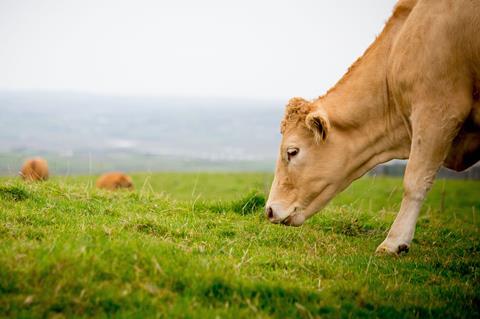
Irish beef exports to Britain fell by almost a fifth in volume terms during the first half of 2021, new Irish government data shows.
In its latest annual national farming and food overview, published last week, Dublin’s Department of Agriculture, Food and the Marine revealed total beef exports across the Irish Sea for the first six months of 2021 fell by 19% in volume terms and by 5% in value terms.
The fall in exports had been driven by the “challenges” posed by the post-Brexit trading environment, the report suggested.
“The post-Brexit trading environment has resulted in logistical issues, increased regulation and associated costs,” it said. “SPS checks and certification requirements are placing an additional burden on importers and exporters of meat and other products.”
With just over a third of Ireland’s agri-food exports going to the UK last year, DAFM warned Ireland had a “high dependency on the UK beef market and following Brexit will face additional challenges”.
These would come in the form of “new non-tariff barriers along with increased competition when the UK signs free trade agreements with other markets”.
DAFM’s report was echoed in Bord Bia’s own analysis of Irish government data, using slightly different methodology, which breaks beef down into three sub-categories and showed volumes in the main primal beef category had fallen by 12% in H1. The smaller offal category saw volumes fall 59% while added-value beef volumes were down 31.4%.
A Bord Bia spokesman said much of the decline came over the first three months of 2021 and was explained by Brexit-linked stockpiling.
“Brexit contingency planning in the British market ahead of the 31 December 2020 deadline created a situation where demand for frozen manufacturing beef from the British market was exceptionally low in the first three months of 2021,” he pointed out.
Coronavirus restrictions also played a part, he added, as demand in the UK’s foodservice sector stayed relatively low before the UK dispensed with most virus-related curbs in July.
A fall in total Irish cattle throughput of 6% and carcase weight by 1.5% this year were also factors and would impact global Irish primary beef volume exports for 2021, which are forecasted at 9% down year on year.
But Ireland’s beef exports to the UK had since seen a resurgence, Bord Bia added. January-August exports to the UK exceeded the same period last year by 5% in value terms.
And the year-on-year revival was expected to continue, with the Irish farmers Association saying this week there was “strong demand for Irish beef for the lucrative Christmas trade” in the UK.
Around 90% of the beef produced in Ireland is sold abroad, with about 40% of those exports making the short journey to the UK.
But while Irish beef sales to the UK rebounded after the early 2021 pandemic and Brexit-related slowdown, Dublin was concerned about “significant” risks related to Brexit and what the DAFM’s report labelled “the potential for market displacement from third countries”.
Earlier this year the UK agreed free trade deals with beef exporters Australia and New Zealand, though AHDB said in a recent report that it expects Australian beef exports to the UK to remain “muted” in the short term.








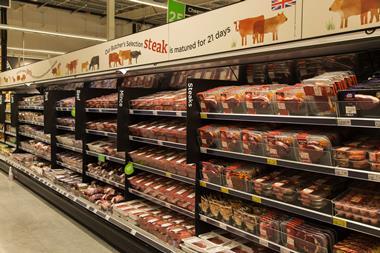

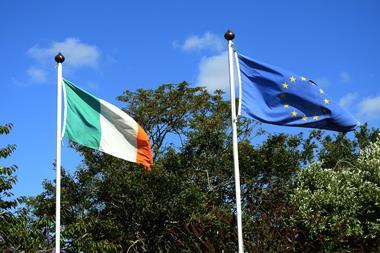
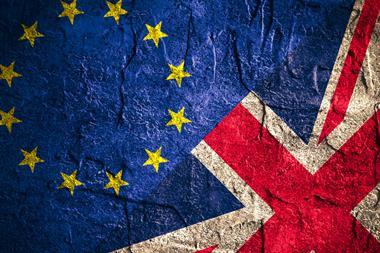
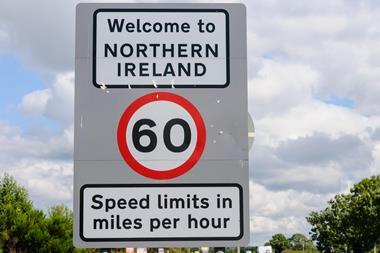






No comments yet